Lectures
Each year, SfN's Program Committee invites leading scientists to give lectures on hot topics in neuroscience. Lectures will take place on November 11-15 in Walter E. Washington Convention Center, Hall D. Real Time Captioning Services will be provided for all lectures in Hall D. There will be dedicated seating areas and screens that will display the captioned text. Select lectures will be streamed live from the Walter E. Washington Convention Center, and a recording will also be available on-demand after the session broadcast for 30 days after the meeting. Lectures taking place during Neuroscience 2023 are listed below.
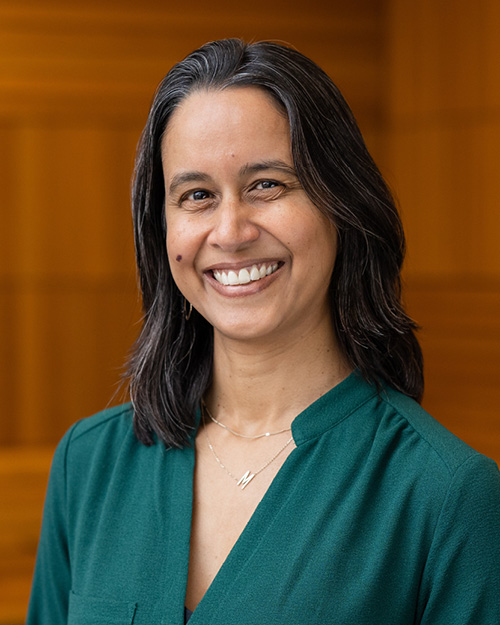
Special Lecture: The Neuroscience of Dynamic Social Behavior: Uncovering Circuit Mechanisms In Drosophila - Mala Murthy
Location: WCC Hall D
Theme: Theme F – Integrative Physiology and Behavior
Livestreamed: Yes
Speaker(s): Mala Murthy, PhD
Institution: Princeton University
Social interactions are important for survival, quality of life, and reproduction. Attendees will learn how the 130,000 neurons of the fly brain enable complex and flexible social interactions. Development of a whole-brain connectome, along with advances in quantifying behavior and measuring neural activity, have made it possible to uncover these neural mechanisms. This lecture will highlight these discoveries and place them in the broader context of research on social behavior across systems.
To submit a question during the session, use the annual meeting mobile app.
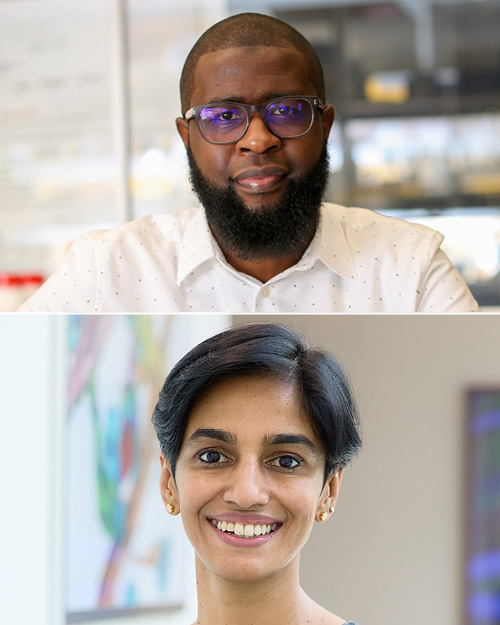
SfNova Lecture: Ishmail Abdus-Saboor; Kanaka Rajan
Location: WCC Hall D
Livestreamed: Yes
Speaker(s): Ishmail Abdus-Saboor, PhD
Institution: Columbia University
Speaker(s): Kanaka Rajan, PhD
Institution: Harvard Medical School; Kempner Institute, Harvard University
Skin-Brain Neuronal Pathway for Rewarding Social Touch
Ishmail Abdus Saboor, PhD
Columbia University
Theme D – Sensory Systems
The Abdus-Saboor Laboratory is interested in the skin-brain axis for tactile sensations. The lab aims to understand how the brain generates the perception of pain and pleasure based on sensory stimuli applied to the skin. This lecture will present work identifying sensory neurons in the skin that are critical for socially rewarding touch and for promoting resilience to stressful scenarios. This work offers new insights on brain-body connections.
Connecting the Dots: What Artificial Neural Networks Tell Us About the Brain and Ourselves
Kanaka Rajan, PhD
Harvard Medical School
Harvard University
Theme H – Cognition
This lecture will describe a circuitous path to neuroscience — via engineering and physics — before finding a new niche: bridging the fields of neuroscience and artificial intelligence. Discussion will cover the development of artificial systems, based on experimental and clinical data, that exhibit behaviors similar to those seen in animals and people. How computational models can reveal novel brain mechanisms and experimental directions will be interwoven with personal stories.
To submit a question during the session, use the annual meeting mobile app.
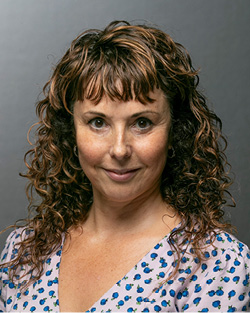
Presidential Special Lecture: New Genetic Therapies for Huntington’s Disease and Other Neurodegenerative Diseases — Sarah J. Tabrizi
Location: WCC Hall D
Theme: Theme C – Neurodegenerative Disorders and Injury
Livestreamed: Yes
Speaker(s): Sarah J. Tabrizi, MD, PhD
Institution: University College London Queen Square Institute of Neurology; UK Dementia Research Institute at UCL
This lecture will offer an overview of new genetic therapies in development for Huntington’s disease and similar neurodegenerative diseases. It will cover the preclinical to clinical translation pathway, the challenges and opportunities, critical learnings from success and failures, and the new phase of development of these genetic therapies.
To submit a question during the session, use the annual meeting mobile app.
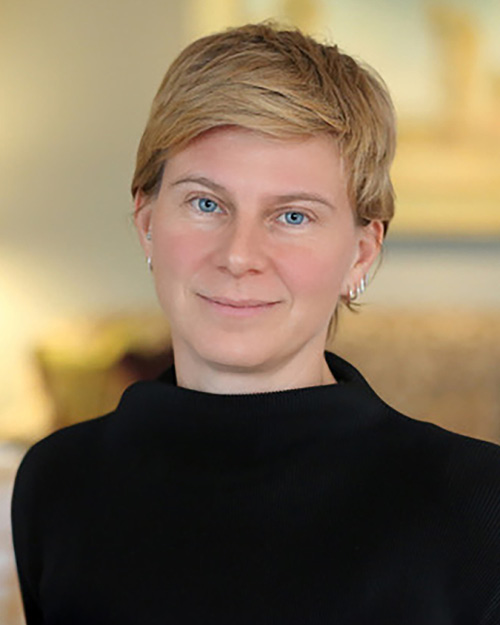
Special Lecture: The Operational Principles of Neuron-Microglia Circuits — Anne Schaefer
Location: WCC Hall D
Theme: Theme C – Neurodegenerative Disorders and Injury
Livestreamed: Yes
Speaker(s): Anne Schaefer, MD, PhD
Institution: Mount Sinai School of Medicine; Max Planck Institute for Biology of Ageing
The ability of the brain to perform diverse and complex functions relies on the activity of highly specialized and phenotypically diverse types of neurons and inter-neuronal variability within a given neuron type. Recent studies suggest that the function of phenotypically diverse neurons and the fitness of neuronal networks depends on the phenotypic plasticity of microglia, the innate immune cell of the brain. This lecture will discuss the mechanisms of microglia plasticity and its role in neuronal function and longevity.
To submit a question during the session, use the annual meeting mobile app.
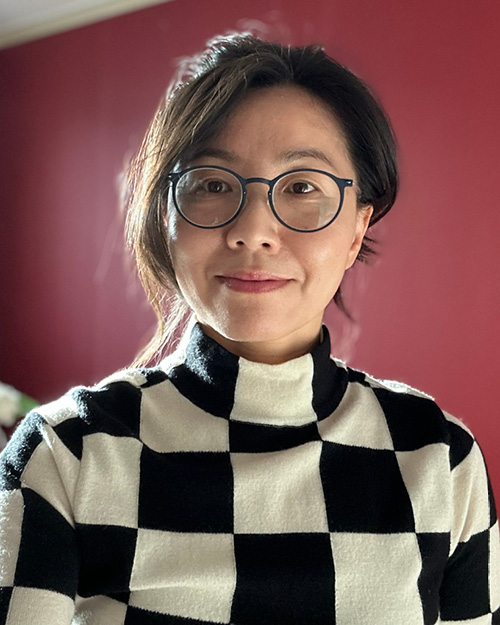
Special Lecture: Seeing Is Believing: Visualizing Cell Type-Specific Synaptic Connectivity — Jinhyun "Jinny" Kim
Location: WCC Hall D
Theme: Theme I – Techniques
Livestreamed: Yes
Speaker(s): Jinhyun "Jinny" Kim, PhD
Institution: Korea Institute of Science and Technology
Deciphering the complex neural circuits is critical for advancing our knowledge of the brain, identifying malfunctions in neurological disorders, and developing effective treatments. This lecture will discuss advanced technologies and their applications in revealing the synaptic connections between different cell types within a neural network. How these technologies enable the visualization and reconstruction of neural circuits with unprecedented detail, providing new insights into the brain's functioning, will be discussed.
To submit a question during the session, use the annual meeting mobile app.
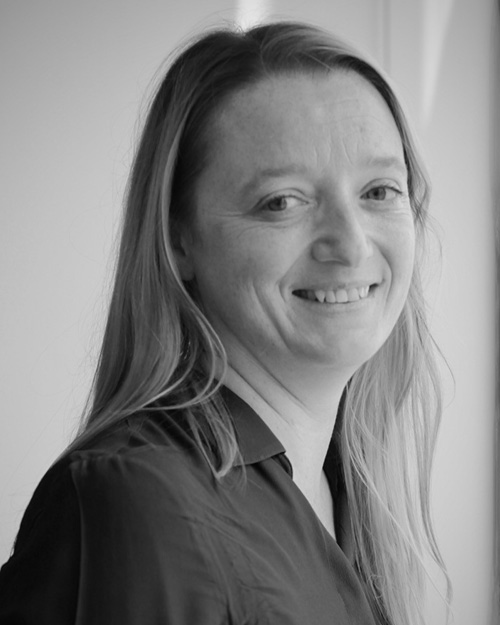
Special Lecture: The Neurobiology of Social Interaction — Camilla Bellone
Location: WCC Hall D
Theme: Theme G – Motivation and Emotion
Livestreamed: Yes
Speaker(s): Camilla Bellone, PhD
Institution: University of Geneva
Social interactions are critical for the survival of the species, and impairments in prosocial behaviors occur in a broad range of neuropsychiatric disorders including schizophrenia and autism spectrum disorder. This lecture will focus on the circuit mechanisms that regulate the motivation to interact with conspecifics in rodent model systems. It will provide insights into the mechanisms governing the rewarding nature of social behavior, and how deficits in the "reward" circuit may lead to social impairments in individuals with psychiatric disorders.
To submit a question during the session, use the annual meeting mobile app.
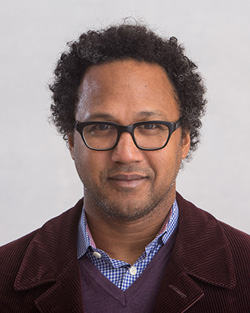
Special Lecture: Reframing Neuronal Coordination: What We Think, We Become — Andre Fenton
Location: WCC Hall D
Theme: Theme H – Cognition
Livestreamed: Yes
Speaker(s): Andre Fenton, PhD
Institution: New York University
How do humans learn and know? Previously, it was assumed that neurons respond to external stimuli to represent them, but an equally plausible model asserts that neuronal activity is fundamentally internally-organized and instead fit to external features of the world. Studies of spatially-tuned cells in various cortices that investigate how experience changes neuronal information processing (in addition to storing memory), and how encoding and recollecting experience is coordinated, will be reviewed.
To submit a question during the session, use the annual meeting mobile app.
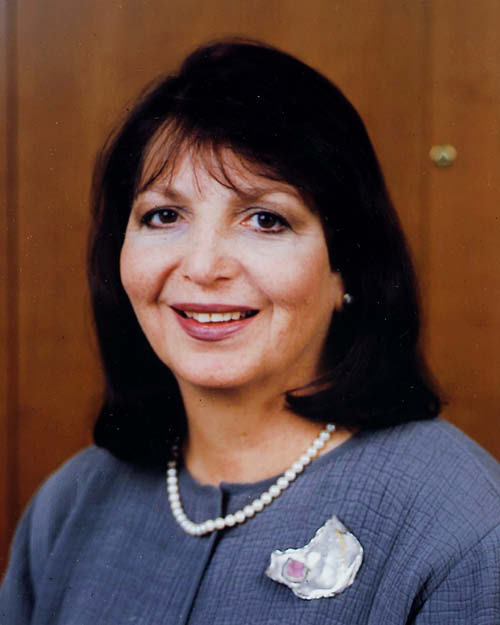
Peter and Patricia Gruber Lecture: The Emotional Brain: Embracing the Complexity — Huda Akil
Date & Time: Sunday, November 12, 3–4:30 p.m.
Location: WCC Hall D
Theme: Theme G – Motivation and Emotion
Livestreamed: Yes
Speaker(s): Huda Akil, PhD
Institution: Michigan Neuroscience Institute; University of Michigan
This lecture will describe a quest to understand the brain biology of emotions and uncover the role of distinct temperaments in shaping vulnerability to mood and addictive disorders. Genetic, molecular, circuit, and behavioral studies in animals and humans reveal profound individual differences in the encoding of emotionality. They also point to counter-regulatory mechanisms that enhance stress coping and impart resilience to negative emotions. Translational implications will be discussed.
To submit a question during the session, use the annual meeting mobile app.
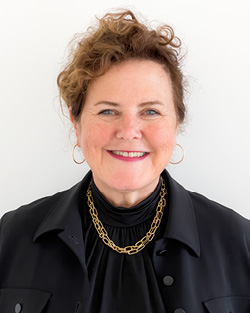
Presidential Special Lecture: Cell Biology at the Synapse: Local Protein Synthesis and Degradation — Erin M. Schuman
Location: WCC Hall D
Theme: Theme B – Neural Excitability, Synapses, and Glia
Livestreamed: Yes
Speaker(s): Erin M. Schuman, PhD
Institution: Max Planck Institute for Brain Research
Neurons are morphologically complex cells which house thousands of synapses, but contain just a single nucleus (as a source for mRNA) in the cell body. The proteins present at synapses are the drivers of synaptic transmission and plasticity. Much of the local sourcing and remodeling of synaptic proteomes arises from the localized translation of mRNAs by ribosomes and protein degradation by proteasomes. This lecture will discuss previous and current studies aimed at understanding the diversity of synapse types and functional states by local cell biological mechanisms.
To submit a question during the session, use the annual meeting mobile app.
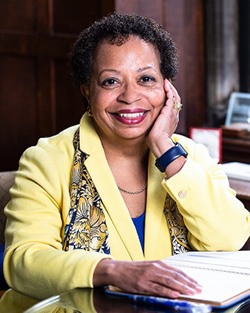
History of Neuroscience Lecture: Making Herstory: One Black Woman's Unconventional Journey From Bench Scientist to College President — Joanne E. Berger-Sweeney
Location: WCC Hall D
Theme: Theme J – History, Education, and Society
Livestreamed: Yes
Speaker(s): Joanne E. Berger-Sweeney, PhD
Institution: Trinity College
Dr. Berger-Sweeney's choice of a neuroscience career at undergraduate liberal arts colleges is unconventional. This lecture will describe: 1) The unique liberal arts college environment that shaped how research was conducted on mouse models of disease and how students were empowered through education and mentoring; 2) A desire for a broader impact that led to stepping away from the bench and toward administration; 3) How the influence of the first female and person of color to lead Trinity College, a 200-year-old liberal arts institution, extends into educational, housing, and health policy.
To submit a question during the session, use the annual meeting mobile app.
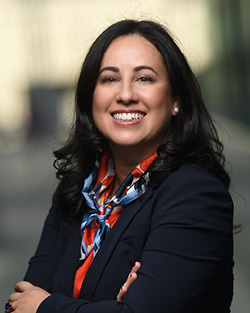
Clinical Neuroscience Lecture: Translational OCD Research: Mechanisms and Modulation of Compulsive Behavior — Carolyn Rodriguez
Location: WCC Hall D
Theme: Theme G – Motivation and Emotion
Livestreamed: Yes
Speaker(s): Carolyn Rodriguez, MD, PhD
Institution: Stanford University
Compulsive behaviors impair functioning in individuals with obsessive-compulsive disorder (OCD) and related disorders. These maladaptive behaviors have been linked to abnormal activity in the orbitofrontal cortex, as well as more general dysfunction in fronto-striatal circuits. To translate resulting findings to viable new treatments in patients, the gap between animal and human studies must be bridged. This lecture will review research and potential treatment advances in OCD including experimental medication, neuromodulation, and basic research.
To submit a question during the session, use the annual meeting mobile app.
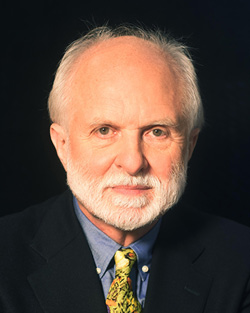
Special Lecture: How Hearing Happens: The Active Transduction Process of Hair Cells — A. James Hudspeth
Location: WCC Hall D
Theme: Theme D – Sensory Systems
Livestreamed: Yes
Speaker(s): A. James Hudspeth, MD PhD
Institution: Rockefeller University; HHMI
As the gateway to human communication, the sense of hearing is of enormous importance in daily life. Uniquely among human sensory receptors, the ear's hair cells are not passive, but use an active process to enhance their inputs. The active process amplifies mechanical stimuli a thousandfold, tunes responses to a narrow frequency range, renders hearing sensitive to sounds over a millionfold range of amplitudes, and even causes ears to emit sounds! The active process emerges from the operation of hair cells at a dynamic instability that fosters amplification, tuning, and compression.
To submit a question during the session, use the annual meeting mobile app.
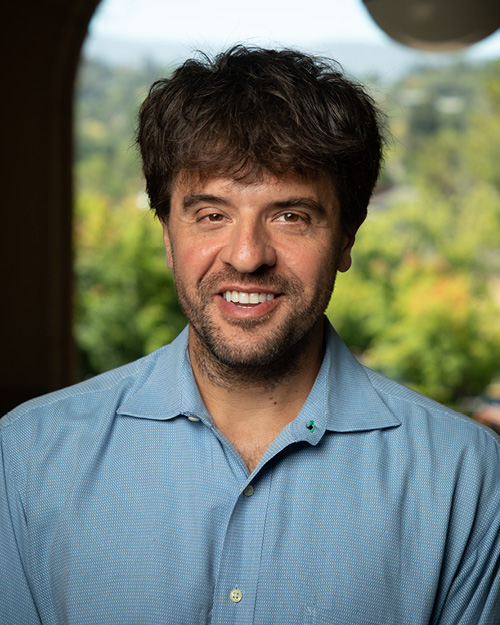
Albert and Ellen Grass Lecture: Inner Workings of Channelrhodopsins and Nervous Systems — Karl Deisseroth
Date & Time: Monday, November 13, 3–4:30 p.m.
Location: WCC Hall D
Theme: Theme G – Motivation and Emotion
Livestreamed: Yes
Speaker(s): Karl Deisseroth, MD, PhD
Institution: Stanford University
This lecture will explore: 1) The initial high-resolution structures of each of the three major classes of a remarkable family of light-activated membrane proteins (the cation-conducting, anion-conducting, and pump-like channelrhodopsins); 2) The principles underlying their key properties (including kinetics, spectrum, and ion selectivity) – leading to creation of new tools for neuroscience. Outcomes of this work include a deeper understanding of the fundamental survival drives of animals – such as thirst and hunger – at single-cell resolution, as well as the highest integrative functions of the brain.
To submit a question during the session, use the annual meeting mobile app.
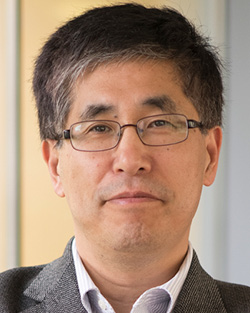
Presidential Special Lecture: Regenerating Axons and Re-Establishing Connections for Neural Repair — Zhigang He
Location: WCC Hall D
Theme: Theme C – Neurodegenerative Disorders and Injury
Livestreamed: Yes
Speaker(s): Zhigang He, PhD
Institution: Boston Children's Hospital
Spinal cord injury and other central nervous system (CNS) traumas damage passing axons and disrupt neuronal connections, leading to unrecoverable functional deficits. This lecture will discuss the reasons underlying the failure of axon regeneration in adult CNS and progress in developing pro-regenerative strategies in experimental injury models. Further discussion will highlight the challenges and promises of advancing these findings towards effective neural repair treatments.
To submit a question during the session, use the annual meeting mobile app.
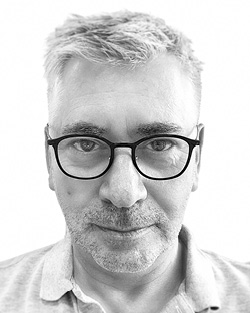
Special Lecture: Circuits, Behavior, and Evolution — Gilles Laurent
Location: WCC Hall D
Theme: Theme F – Integrative Physiology and Behavior
Livestreamed: Yes
Speaker(s): Gilles Laurent, DVM, PhD
Institution: Max Planck Institute For Brain Research
The brain may be a computing machine but it is also a product of evolution. This lecture will present three facets of an effort to understand the brain in part from an evolutionary perspective. First, if all brains obey similar rules, what types of descriptions should we use so that appropriate comparisons can be made? Second, what challenges does one find when studying a complex and ubiquitous phenomenon such as sleep from an evolutionary perspective? Third, can neuroscientists exploit behavioral convergence between cephalopods and vertebrates to understand the mechanisms of texture perception?
To submit a question during the session, use the annual meeting mobile app.
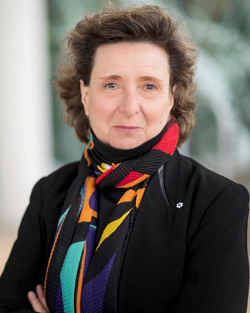
David Kopf Neuroethics Lecture: Leveraging Cross-Cultural Perspectives for Environmental Neuroethics and Global Neuroscience — Judy Illes
Date & Time: Tuesday, November 14, 10:30–11:30 a.m.
Location: WCC Hall D
Theme: Theme J – History, Education, and Society
Livestreamed: Yes
Speaker(s): Judy Illes, PhD
Institution: University of British Columbia
The world today is challenged by environmental change that is applying unprecedented pressure on individual and collective well-being. Eco-anxiety is pervasive. What are the responsibilities of neuroscientists to respond? How can research span geographic and cultural boundaries? This lecture will explore ways that biomedical explanations and traditional beliefs about brain and mental health can co-exist to bring answers to these questions at the intersection of environment, ethics, and global neuroscience.
To submit a question during the session, use the annual meeting mobile app.
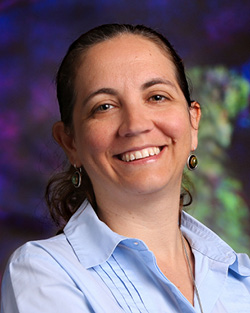
Special Lecture: How Do Astrocytes Sculpt Synaptic Circuits? — Cagla Eroglu
Location: WCC Hall D
Theme: Theme A – Development
Livestreamed: Yes
Speaker(s): Cagla Eroglu, PhD
Institution: Duke University; Duke University Medical Center
Astrocytes are the most abundant glial cells in the brain and control the formation, function, and plasticity of synaptic circuits. This lecture will share past and ongoing research on the molecular mechanisms that underlie how astrocytes instruct the development and remodeling of synaptic circuits in health, and how these mechanisms are impacted in neurodevelopmental and neurodegenerative disorders such as autism and Parkinson’s disease.
To submit a question during the session, use the annual meeting mobile app.
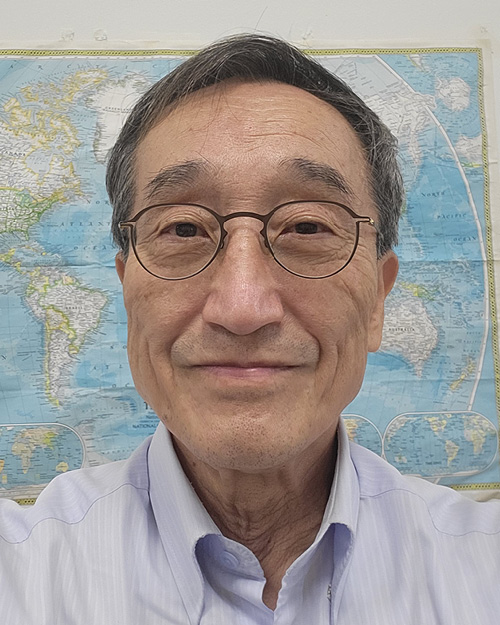
Special Lecture: I Understand and Share Your Feeling: Neurobiology of Affective Empathy — Hee-Sup Shin
Location: WCC Hall D
Theme: Theme H – Cognition
Livestreamed: Yes
Speaker(s): Hee-Sup Shin, MD, PhD
Institution: Institute For Basic Science
Empathy, the ability to understand and share emotions, forms the foundation of social behaviors like emotional contagion, prosocial behavior, theory of mind, and perspective-taking. Observational fear, a form of emotional contagion, has been described in animals including humans. Studying affective empathy using the observational fear assay in mice offers insights into the neural mechanisms and circuitry underlying empathy. This lecture will overview the current research on the neurobiology of empathy, focusing on neural circuitry.
To submit a question during the session, use the annual meeting mobile app.
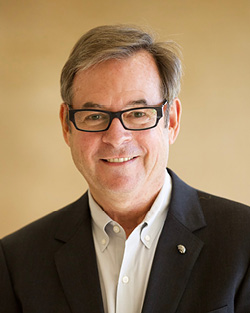
Presidential Special Lecture: Receptors, Synapses, and Memories — Richard L. Huganir
Location: WCC Hall D
Theme: Theme B – Neural Excitability, Synapses, and Glia
Livestreamed: Yes
Speaker(s): Richard L. Huganir, PhD
Institution: The Johns Hopkins School of Medicine
Neurotransmitter receptors mediate signal transduction at synapses in the brain. The Huganir Laboratory has elucidated mechanisms regulating AMPA and NMDA receptors, major excitatory neurotransmitter receptors in the central nervous system. They have focused on the role of post-translational modification and receptor-interacting proteins in synaptic plasticity and learning and memory. These studies show that receptor regulation is a major determinant of animal behavior in health and disease.
To submit a question during the session, use the annual meeting mobile app.
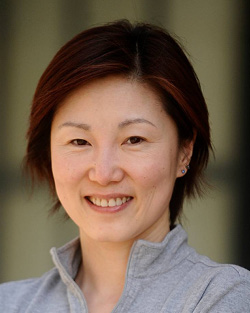
Special Lecture: The How and Why of Sleep — Yang Dan
Location: WCC Hall D
Theme: Theme F – Integrative Physiology and Behavior
Livestreamed: Yes
Speaker(s): Yang Dan, PhD
Institution: University of California Berkeley; HHMI
Sleep is a fundamental process, and its disruption profoundly impacts human health. To identify neurons involved in sleep generation, whole-brain screening using optogenetics, electrophysiology, imaging, and gene profiling was performed. Results suggest that sleep is controlled by a highly distributed network spanning the forebrain, midbrain, and hindbrain, and the sleep neurons are part of the central somatic and autonomic motor circuits. To address the “why” question, this lecture will explore how sleep interacts with the cardiovascular, immune, and neuroendocrine systems.
To submit a question during the session, use the annual meeting mobile app.
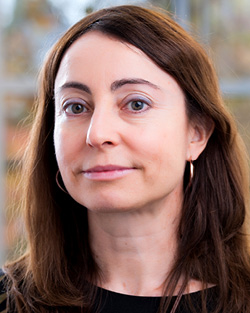
Special Lecture: Molecular Programs Orchestrating the Wiring of Cortical Circuitries — Beatriz Rico
Location: WCC Hall D
Theme: Theme B – Neural Excitability, Synapses, and Glia
Livestreamed: Yes
Speaker(s): Beatriz Rico, PhD
Institution: King's College London
The extraordinary diversity of animal behaviors relies on the precise assembly and fine-tuning of different neurons in the brain across distinct brain areas. This connectivity reaches the highest complexity in the mammalian cerebral cortex, where the interaction between pyramidal cells and interneurons is fundamental for the function of these circuitries. This lecture will review recent efforts toward unveiling some of the molecular mechanisms by which these synapses reached a high level of specificity, from subcellular and cellular targeting to synapse-specific control of local translation.
To submit a question during the session, use the annual meeting mobile app.
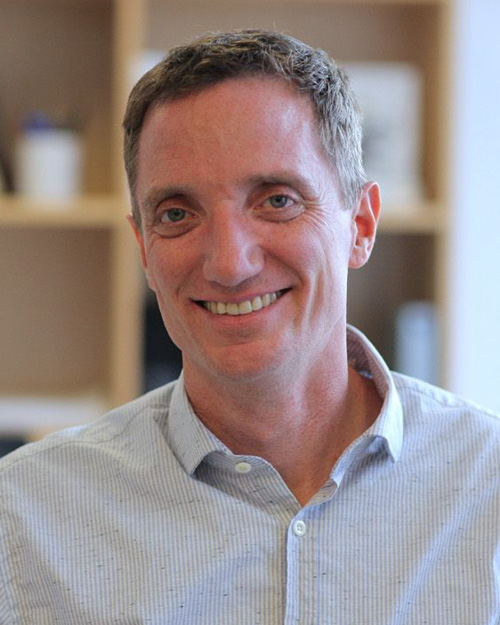
Special Lecture: Understanding Population-Level Computations — Mark M. Churchland
Location: WCC Hall D
Theme: Theme E – Motor Systems
Livestreamed: Yes
Speaker(s): Mark M. Churchland, PhD
Institution: Columbia University
Neuroscientists seek to understand how neural populations perform computations. In many brain areas, one must understand computation first at the population level, then determine why single-neuron properties make sense. The last twenty years have seen this approach become common, with the study of motor cortex providing canonical examples. This lecture will discuss this progress, and how it has been aided by synergy between computational and experimental neuroscience.
To submit a question during the session, use the annual meeting mobile app.
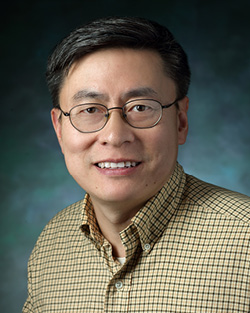
Special Lecture: Uncovering the Mystery of Itch — Xinzhong Dong
Location: WCC Hall D
Theme: Theme D – Sensory Systems
Livestreamed: Yes
Speaker(s): Xinzhong Dong, PhD
Institution: Johns Hopkins University School of Medicine
Itch is a sensation in the skin that provokes the desire to scratch. Under normal circumstances itch provides a protective role but can become a clinical challenge in skin diseases and certain systemic diseases. Until recently, the mechanisms of itch were poorly understood, but in the last decade significant advancements have been made in our understanding of this sensation. This lecture will review these advances uncovering the mystery of itch and discuss itch mediators/receptors, neural pathways, coding of itch versus pain, and the development of new anti-itch therapies.
To submit a question during the session, use the annual meeting mobile app.




















